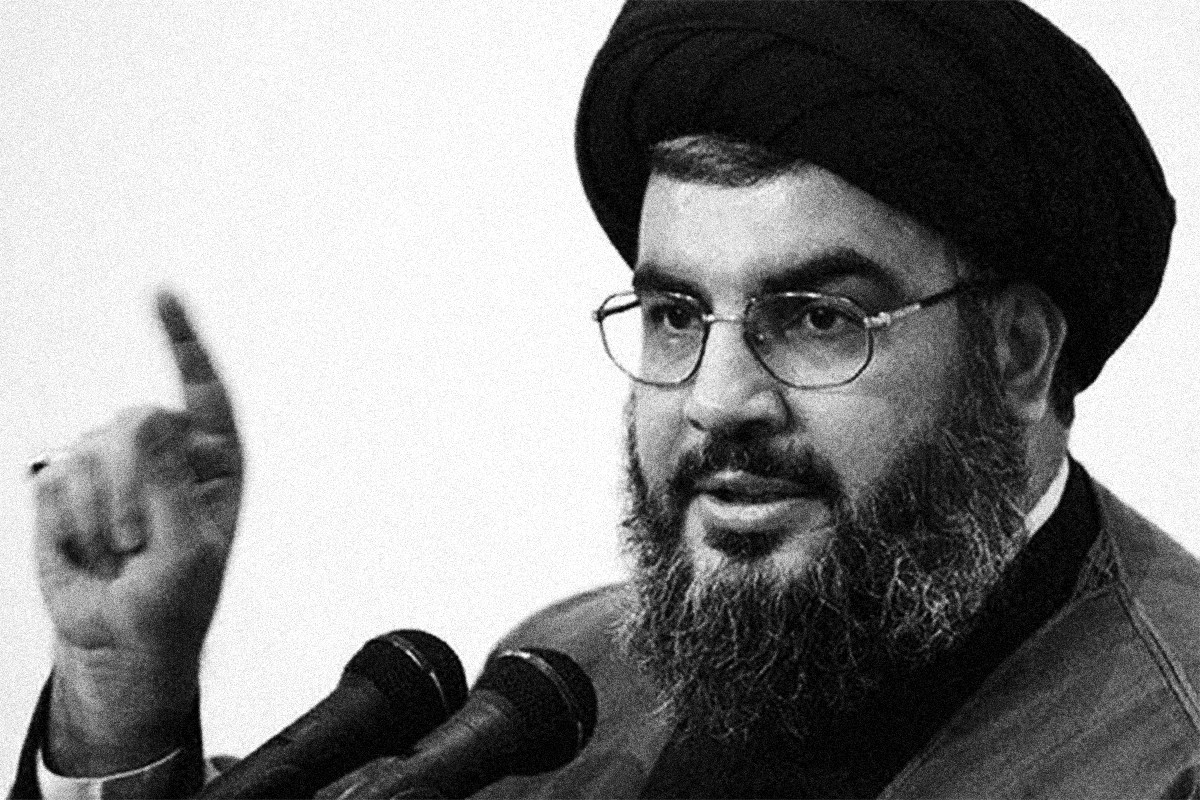Is Darfur a Genocide?
The United Nations has unanimously voted to send 26,000 UN/AU personnel on a joint peace-keeping mission to Darfur. By all accounts, there is untold suffering and serious human rights abuses taking place, with reports of rape, amputations, and destruction to civilian life and property. But these terrible acts are a general symptom of war, so should the events that have been taking place in Darfur over the past few years be described as a 'genocide'?
Article Two of the The United Nations Convention on the Prevention and Punishment of the Crime of Genocide (CPPCG), describes genocide as: "Any of the following acts committed with intent to destroy, in whole or in part, a national, ethnical, racial or religious group, as such: killing members of the group; causing serious bodily or mental harm to members of the group; deliberately inflicting on the group conditions of life, calculated to bring about its physical destruction in whole or in part.
The word 'genocide,' as used in the Rwandan Genocide of 1994, sparked a sense of indignation and guilt amongst Western nations. The Rwandan genocide also provided a contemporary framework from which the world could better understand the word and the anarchic, destructive, murderous content of its motive. Similarly, other words and phrases have an equally emotive effect: 'holocaust' or 'ethnic-cleansing,' for example. However, it is often very difficult to decipher or agree upon a true meaning to these words, as more often than not, they are appropriated, hijacked and abused by governments, NGO’s, or warring factions to further their own agenda.
In 2004, the former US Secretary of State Colin Powell said whilst addressing the US Senate Foreign Relations Committee: “We concluded that genocide has been committed in Darfur and that the government of Sudan and the Janjaweed bear responsibility”. Critics at the time condemned the remarks as a cynical ploy to deflect attention away from the Iraq War; nevertheless, since Colin Powell's remarks, academics, aid agencies, human rights lawyers and activists have all joined the chorus in labeling Darfur a genocide, yet at the time, both the UN and the EU have consistently refused to label the conflict a genocide.
Although I support the arguments for humanitarian intervention when necessary, I think it is also prudent to remember humanitarian interventions of the past, such as Somalia. As a result, I remain cynical and suspicious of the motives of Western nations who demand an end to African suffering. Four million people have died in recent years as a result of conflicts in the Congo; why hasn’t this humanitarian catastrophe garnered the attention of the world's media and the interest of Western governments? Palestinian people are besieged in their homeland, bombed and lacking the basics for daily survival. They too deserve a peace-keeping force, or at the very least the implementation of resolution 242, which demands the withdrawal of Israeli forces from the Palestinian occupied territories.
The British Prime Minister Gordon Brown has described Darfur as “the worst humanitarian crisis the world faces.” It would be interesting to know by what yardstick Gordon Brown arrived at this conclusion, for if we go by the statistics of the UNHCR, which suggests that 2.1 million refugees have fled Afghanistan, 1.5 million from Iraq, and 600,000 from Sudan, then the UN statistics clearly highlight a different picture.
Cynics, and there are many of us, remain suspicious. Something needs to be done to end wars and suffering in Africa and the wider world. The UN mission to Sierra Leone can be described as a success, in that it brought peace to the Country and if that is the altruistic intention of the UN, then it ought to be supported. But, whenever I hear Western nations screaming for something to be done to end suffering in Africa, it makes my skin crawl. For there is always a motive behind such empathy.
Could it be that Southern Darfur has a bounty of oil, oil which is destined to power China’s factories and burgeoning industries? It will be interesting to see if the separation of Darfur as an independent state pops up on the agenda some time down the road. From Kurdish controlled Northern Iraq to Kosovo, there are certainly enough contemporary examples that highlight the implicit agenda of neo-liberal imperialism, or as it is better known, humanitarian interventionism.














